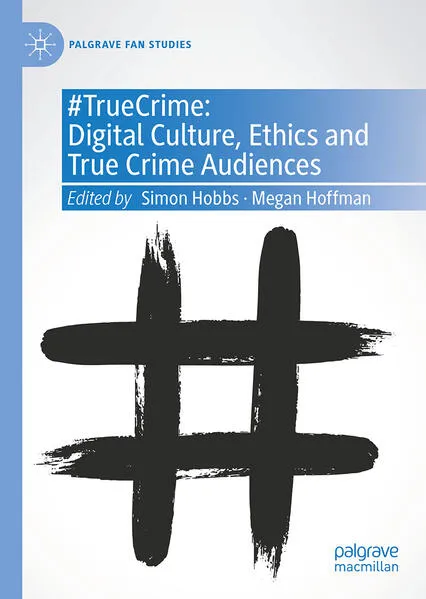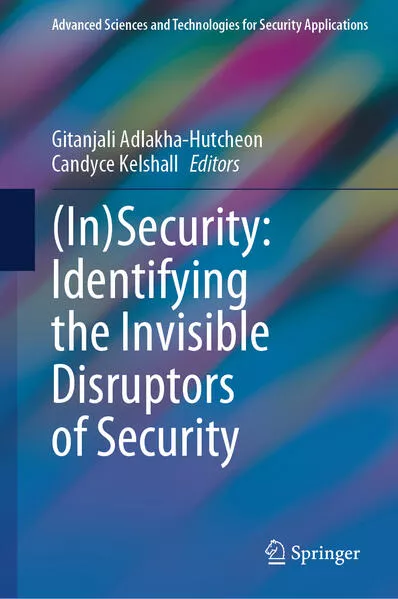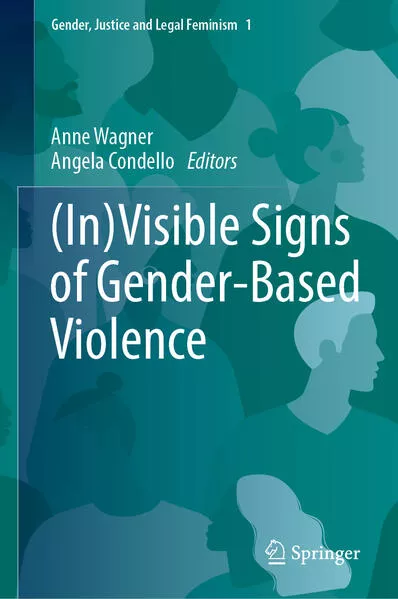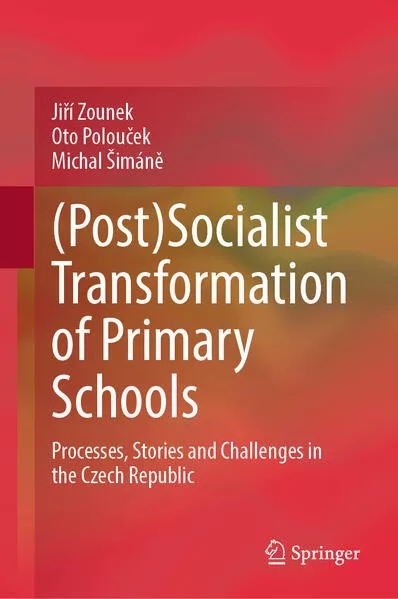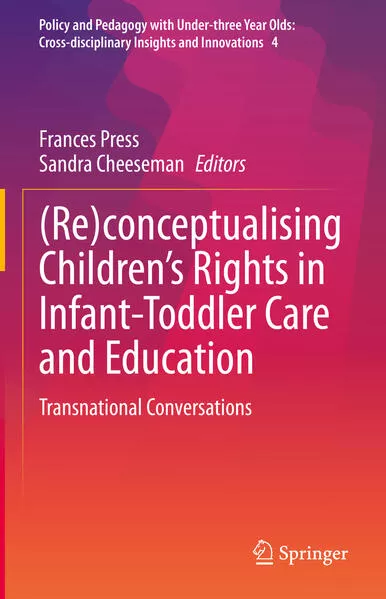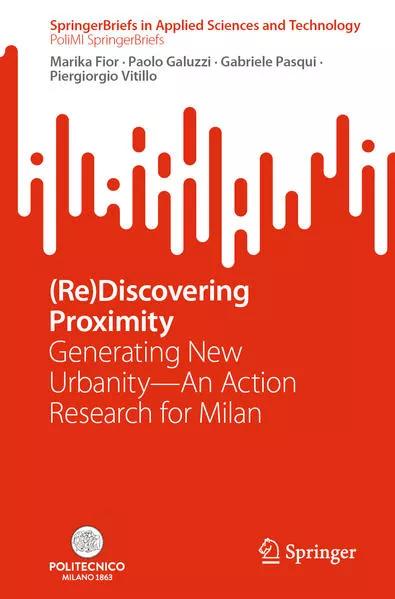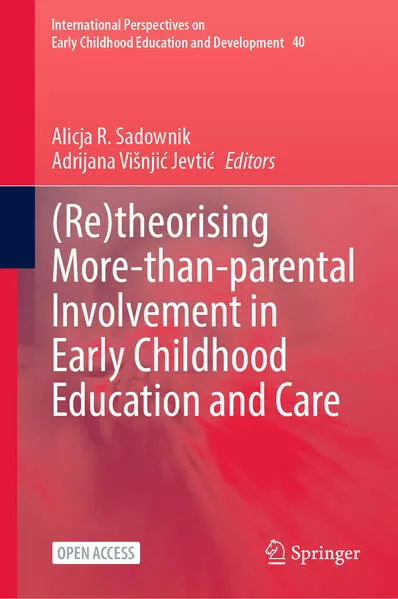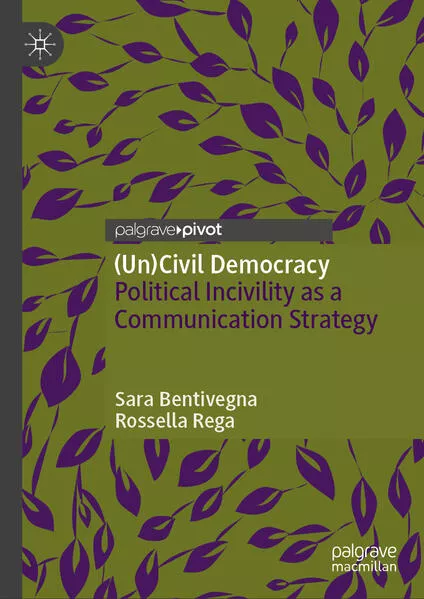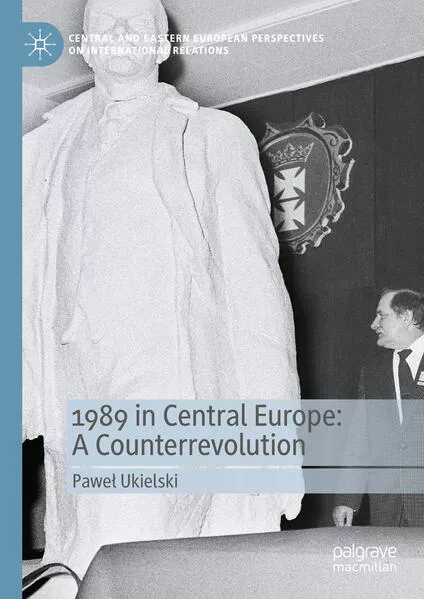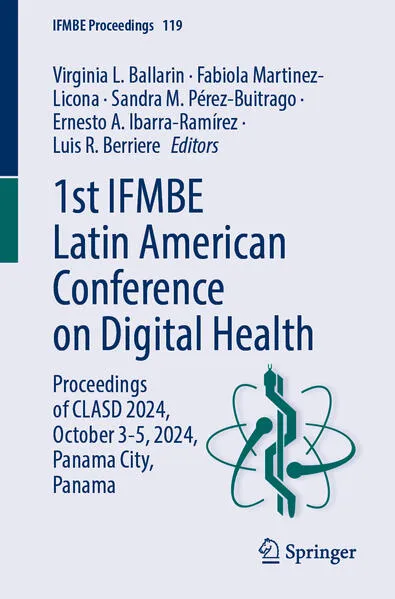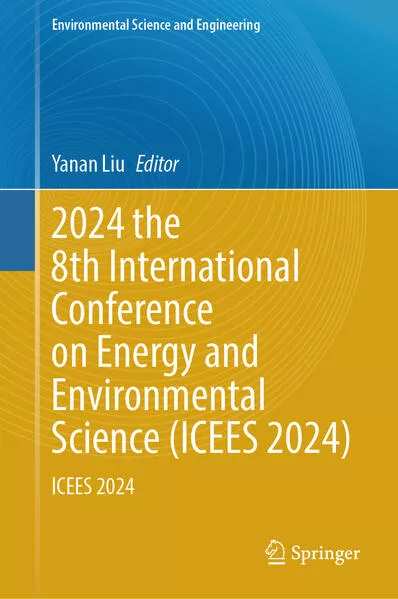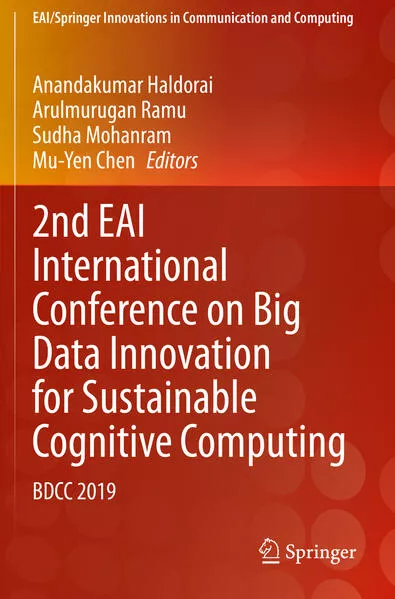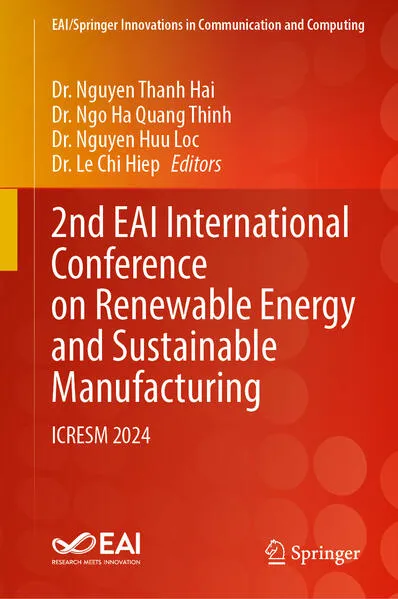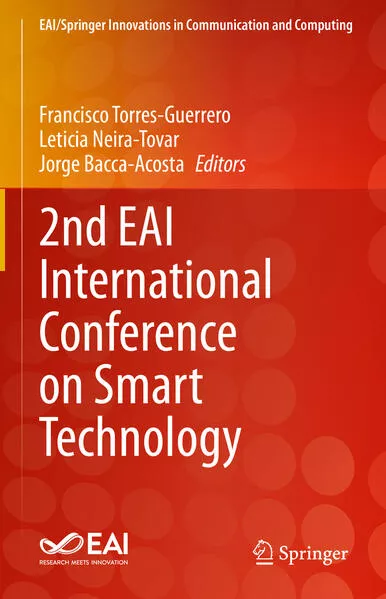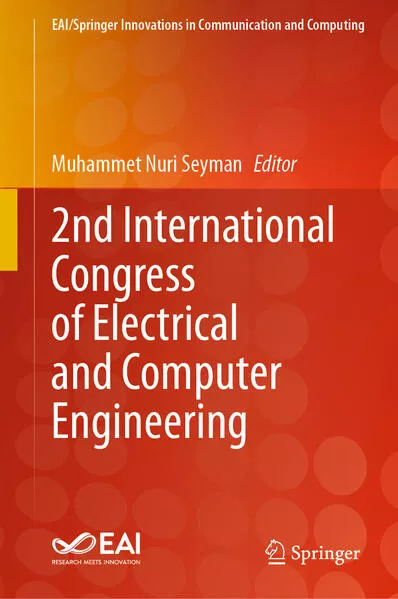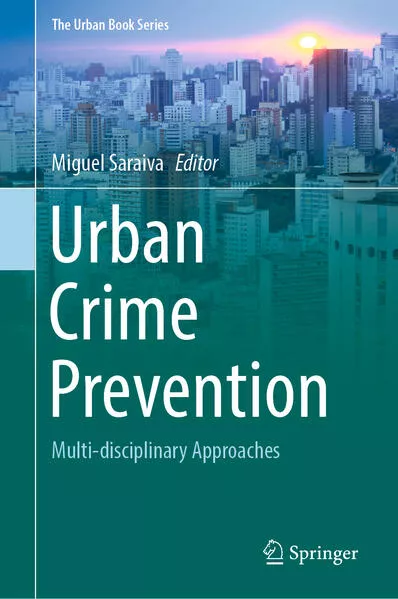
Urban Crime Prevention
Multi-disciplinary Approaches
This book provides an original cross-thematic and wide scope review of crime prevention processes in urban areas that are explicitly based on the cooperation between different scientific and professional fields. Focusing primarily on environmental and community-based crime prevention, this book compiles a peer-reviewed collection of papers and prospective essays that explore how, and to what extent, multi-disciplinarity can be used as a cornerstone for achieving safer cities.
Relying on the input from specialists, researchers, decision-makers, and practitioners from around the world, it covers the various stages from theory to implementation, by discussing theoretical stances, interpreting policy and planning guidelines, uncovering unique educational experiences, and narrating insights and lessons learned from innovative research and practice. Hence, it provides vivid discussions and invaluable insights into processes of partnership building, planning, and management, oriented towards establishing successful mechanism for preventing crime and reducing feelings of insecurity in urban areas.
Unterstütze den lokalen Buchhandel
Nutze die PLZ-Suche um einen Buchhändler in Deiner Nähe zu finden.
Bestelle dieses Buch im Internet
| Veröffentlichung: | 29.10.2022 |
| Höhe/Breite/Gewicht | H 23,5 cm / B 15,5 cm / - |
| Seiten | 352 |
| Art des Mediums | Buch [Gebundenes Buch] |
| Preis DE | EUR 139.09 |
| Preis AT | EUR 142.99 |
| Reihe | The Urban Book Series |
| ISBN-13 | 978-3-031-15107-1 |
| ISBN-10 | 3031151070 |
Über den Autor
Miguel Saraiva is an Assistant Professor at the Department of Geography of the Faculty of Arts and Humanities of the University of Porto, and a researcher at CEGOT – the Centre of Studies on Geography and Spatial Planning. A Civil Engineer with a Doctoral degree on Territorial and Environmental Planning, he mostly deals with the geographical and environmental perspectives of urban safety and quality of life, within the frameworks of territorial and social cohesion, whilst relying in the modelling and spatial analysis’ capacity of Geographical Information Systems.
He has been associated with several national and international projects on crime prevention, including TUD COST Action TU1203—Crime Prevention through Urban Design and Planning (2012–2016); project Erasmus+ SWaPOL – Social Work and Policing: Vocational Training in Public Order Management (2018-2021) led by the European Centre for Social Welfare; and being the coordinator of project CANVAS – Crime and Violence Prevention through Smart Planning and Artistic Resistance (2018–2022, funded by the Portuguese National Funding Agency for Science, Research and Technology and COMPETE 2020).
Diesen Artikel teilen
0 Kommentar zu diesem Buch
.... weitere Publikationen von Springer International Publishing
Echo aus dem Eis: Band 2 der Northern-Drift-Reihe - Aviation-Mystery in Eis und Dunkelheit
Bewerbungsfrist bis zum: 03.03.2026




